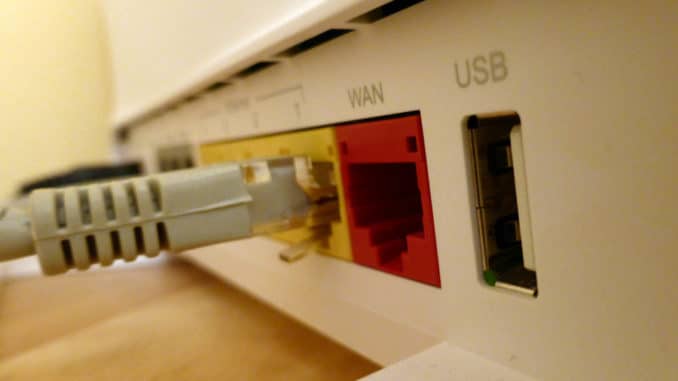
We have long insisted on using Gigabit Ethernet – a wired connection with speeds up to 1 Gbps – but we have just approved a new standard that will dramatically increase speed.
Although there are already faster alternatives, such as 10 Gigabit Ethernet (10GbE), including the stumbling block for power requirements and the cost of replacing existing cabling – because it requires Cat 6a cable – has proven to be a major obstacle for many organizations.
But the good news is that the NBASE-T Alliance has just announced that the new IEEE P802.3bz standard has been approved to run on existing Cat 5e and Cat 6 cables, increasing speeds to 2.5 Gbps, 5 Gbps, and 10 Gbps, respectively, without the need for very expensive Cable overhaul.
In other words, you only need to purchase hardware that supports 2.5GBASE-T, 5GBASE-T, 10GBASE-T and plug these devices into your existing infrastructure for a significant speed boost. Products supporting 2.5 and 5 Gigabit Ethernet have been shipping since the beginning of this year.
Rapid spread
According to the Dell’Oro Group’s forecast, the number of ports supporting 2.5 / 5GbE will double every year for the release of network equipment in the next three years.
Alan Weckel, vice president of market research for Dell’Oro Group Ethernet switches, further pointed out: “In the last quarter, as companies began to upgrade campus networks to more than 1G, NBASE-T switches and access point ports grew significantly. NBASE-T The technology upgrade cycle is considerable and is expected to achieve strong growth in the next few years. Therefore, we expect NBASE-T port shipments to exceed 3 million in 2017.
Although at this point, the technology is mainly aimed at enterprises, before we see high-end home routers filled with these faster ports, it may not be too long, and enthusiast users are also promoting adoption.
At the same time, the company will definitely make full use of 2.5 / 5GbE, because there are obviously 70 billion meters of Cat5e and Cat6 wiring, all of which can be reborn.
Peter Jones, chairman of the NBASE-T Alliance, said that IEEE P802.3bz is in the process of ratifying: “From the proposal to the approval, the standard process took less than two years – this is very rapid development. Seeing the standard is approved so quickly, Very satisfying experience and demonstrates what we can achieve when we work together to develop a compelling solution that delivers clear value to the industry.”